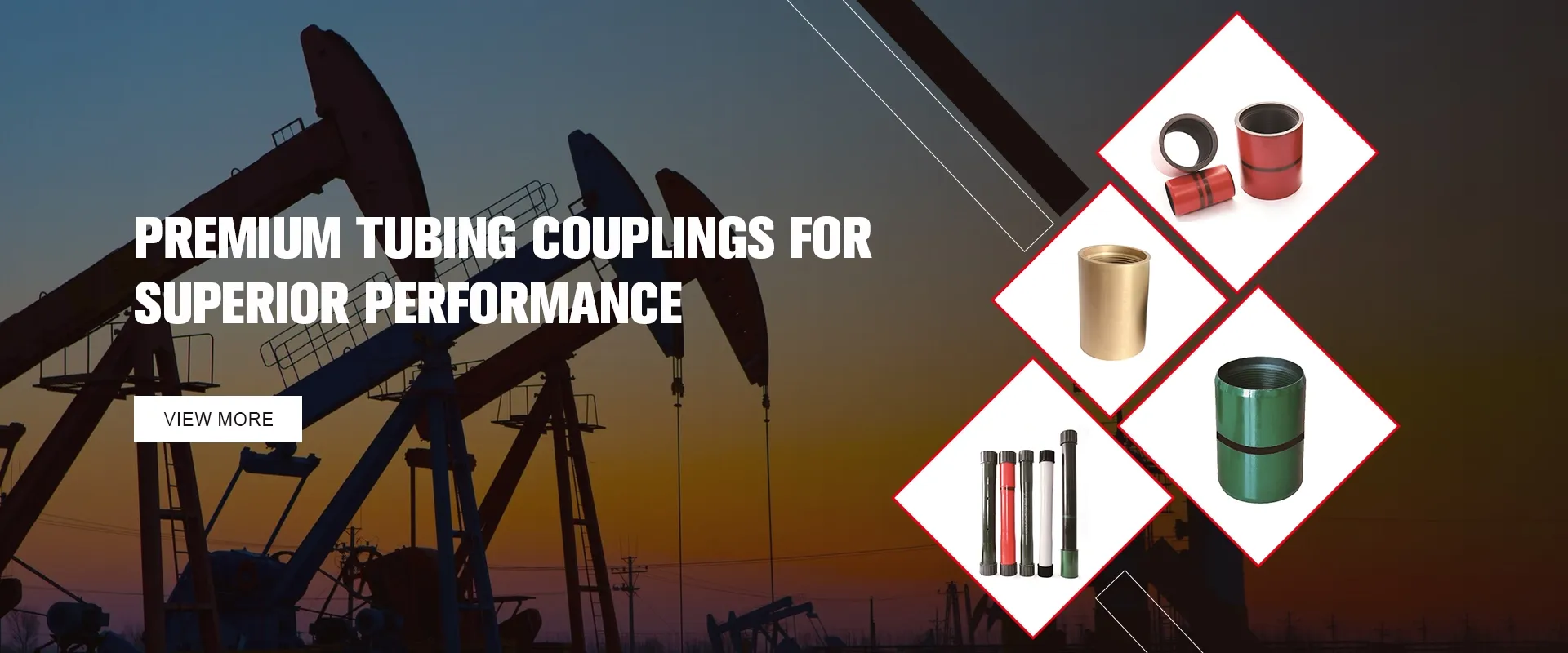- Afrikaans
- Albanian
- Amharic
- Arabic
- Armenian
- Azerbaijani
- Basque
- Belarusian
- Bengali
- Bosnian
- Bulgarian
- Catalan
- Cebuano
- Corsican
- Croatian
- Czech
- Danish
- Dutch
- English
- Esperanto
- Estonian
- Finnish
- French
- Frisian
- Galician
- Georgian
- German
- Greek
- Gujarati
- Haitian Creole
- hausa
- hawaiian
- Hebrew
- Hindi
- Miao
- Hungarian
- Icelandic
- igbo
- Indonesian
- irish
- Italian
- Japanese
- Javanese
- Kannada
- kazakh
- Khmer
- Rwandese
- Korean
- Kurdish
- Kyrgyz
- Lao
- Latin
- Latvian
- Lithuanian
- Luxembourgish
- Macedonian
- Malgashi
- Malay
- Malayalam
- Maltese
- Maori
- Marathi
- Mongolian
- Myanmar
- Nepali
- Norwegian
- Norwegian
- Occitan
- Pashto
- Persian
- Polish
- Portuguese
- Punjabi
- Romanian
- Russian
- Samoan
- Scottish Gaelic
- Serbian
- Sesotho
- Shona
- Sindhi
- Sinhala
- Slovak
- Slovenian
- Somali
- Spanish
- Sundanese
- Swahili
- Swedish
- Tagalog
- Tajik
- Tamil
- Tatar
- Telugu
- Thai
- Turkish
- Turkmen
- Ukrainian
- Urdu
- Uighur
- Uzbek
- Vietnamese
- Welsh
- Bantu
- Yiddish
- Yoruba
- Zulu
Understanding Finished Casing Couplings for Enhanced Oil and Gas Well Performance
Understanding Finished Casing Coupling An Insight into Oil and Gas Operations
In the realm of oil and gas exploration and production, the integrity and efficiency of well operations are paramount. A critical component that plays a vital role in ensuring this is the finished casing coupling. This article delves into what finished casing couplings are, their significance, applications, and considerations in the industry.
What is a Finished Casing Coupling?
A finished casing coupling is a specialized connector used in the oil and gas industry to join sections of casing pipe. Casing pipes are integral to the construction of wells, providing structural integrity and preventing the collapse of the borehole. The couplings serve to unite these pipes seamlessly, allowing for the efficient transportation of fluids and protecting the wellbore from external pressures and contaminants.
The term finished refers to the precision machining and treatment processes that the coupling undergoes before it is deemed suitable for use. These processes ensure that the coupling meets stringent industry standards and is resistant to various operational challenges. Typically, finished casing couplings are produced from high-grade steel alloys, tailored to endure the high temperatures and pressures encountered during drilling operations.
The Importance of Casing Couplings
Casing couplings hold significant importance in well construction for several reasons
1. Structural Integrity The primary function of a casing coupling is to maintain the structural integrity of the wellbore. It ensures that consecutive sections of casing pipes are firmly connected, reducing the risk of collapse and ensuring the safety of the operation.
2. Sealing Properties Couplings are designed to provide effective sealing against fluid influx and gas exodus. This sealing capability is crucial in preventing blowouts or leaks, which can have catastrophic consequences.
3. Ease of Installation Finished couplings are engineered for ease of installation, allowing for quicker assembly of casing strings. This efficiency helps reduce overall operational time and costs.
4. Compatibility A wide variety of casing sizes and grades are available in the industry. Finished casing couplings are designed to be compatible with different casing pipes, allowing for flexibility in well design.
5. Corrosion Resistance Many finished casing couplings are coated or treated to resist corrosion from harsh environments. This property extends the life of the coupling and the overall well, providing a cost-effective solution for oil and gas companies.
Applications in the Industry
finished casing coupling

Finished casing couplings are predominantly used in the drilling phase of oil and gas operations. Their applications extend to
- Onshore and Offshore Drilling Regardless of the drilling environment, finished couplings are used to connect casing strings that stabilize the wellbore. This is particularly crucial in offshore operations where environmental conditions can be more aggressive.
- Production Wells In production wells, finished casing couplings facilitate the extraction of hydrocarbons from underground reservoirs. They connect the casing that supports the well’s production tubing, ensuring a continuous flow of oil or gas to the surface.
- Geothermal Wells In addition to oil and gas, finished casing couplings are utilized in geothermal well applications, providing structural support for systems gathering geothermal energy.
Considerations for Selection
When selecting finished casing couplings, several factors must be considered
1. Material Specifications The choice of material can influence durability, weight, and compatibility with various drilling fluids.
2. Pressure Ratings It is crucial to choose couplings that can withstand the anticipated pressures encountered in a specific well.
3. Temperature Tolerance Couplings must be suitable for the thermal conditions of the well to avoid failure during operations.
4. Regulatory Compliance Couplings should meet all relevant industry regulations and standards to ensure safety and performance.
Conclusion
Finished casing couplings are essential components in the oil and gas industry, providing necessary connections between casing pipes that ensure the structural integrity and safety of drilling operations. Their effectiveness not only contributes to the operational efficiency of wells but also safeguards against potential environmental hazards. As the industry continues to evolve with new technologies and methodologies, the relevance of quality finished casing couplings remains a cornerstone of successful and sustainable oil and gas production.
-
Tubing Pup Joints: Essential Components for Oil and Gas OperationsNewsJul.10,2025
-
Pup Joints: Essential Components for Reliable Drilling OperationsNewsJul.10,2025
-
Pipe Couplings: Connecting Your World EfficientlyNewsJul.10,2025
-
Mastering Oilfield Operations with Quality Tubing and CasingNewsJul.10,2025
-
High-Quality Casing Couplings for Every NeedNewsJul.10,2025
-
Boost Your Drilling Efficiency with Premium Crossover Tools & Seating NipplesNewsJul.10,2025







